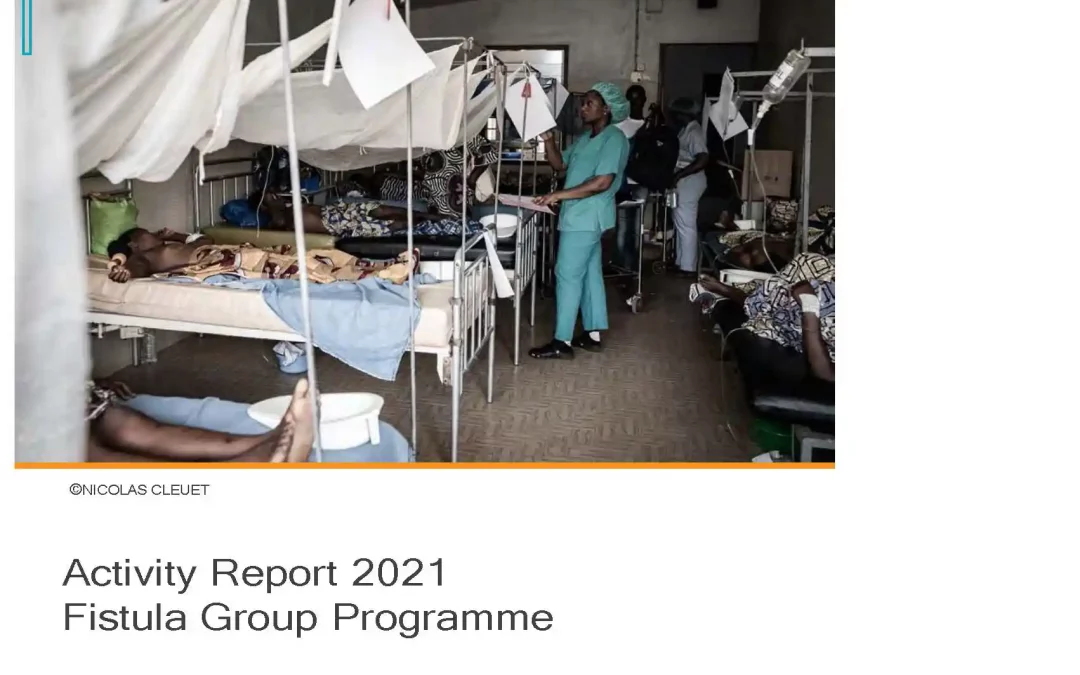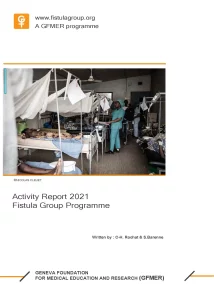To start, the implementation of a program of free caesarean section was developed in 2005, giving care designed to prevent development of obstetrical fistulae. Following this, better access to healthcare through extensive information and awareness campaigns was begun.
Today, we have established a focal point in Cotonou and created a toll-free number for better organization and distribution of cases and harmonization of the work of recruiting and follow-up of patients with the NGOs.
The Fistula Group, which helped develop this program, welcomes this major advance. But the eradication effort must continue, because the free caesarean section program pays only for the surgery itself and does not cover transport to a facility or the cost of medicines, which are obvious obstacles for the poorest women.
In addition, the free treatment of obstetric fistulas when they do occur, and routine obstetrical care is not yet a reality. Finally, universal access to family planning and sexual and reproductive health care are in their early stages.
But the ideas are coming along..
Towards the autonomy of projects
Another development that should be highlighted is the importance of South-South cooperation, one of Fistula Group’s priorities: this involves the sharing of knowledge and experience, through training and the transfer of knowledge. The Fistula Group network is growing over time, allowing for greater cooperation and economies of scale, improving economic viability of projects and the dissemination of information. In this report, we highlight how the next generation of fistula surgeons had been and is being trained and are becoming ready to take the baton.
Nevertheless, the financial needs are still very great and the traditional donors are still in Switzerland. Let’s stay mobilized!
C-H. Rochat Geneva, 3 March 2022


